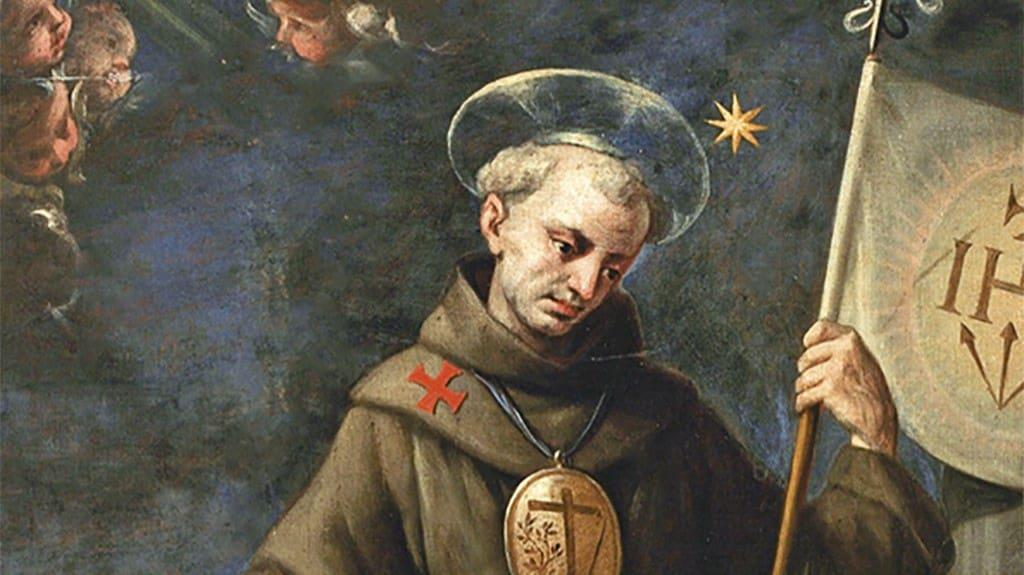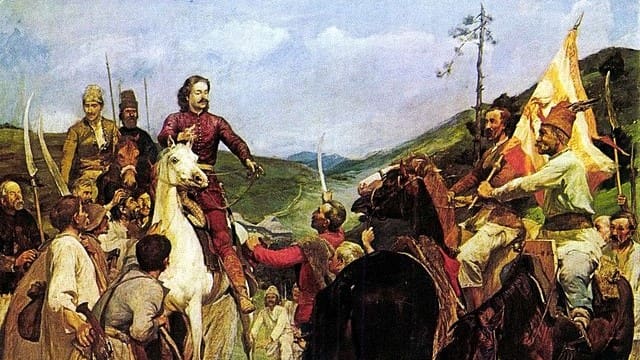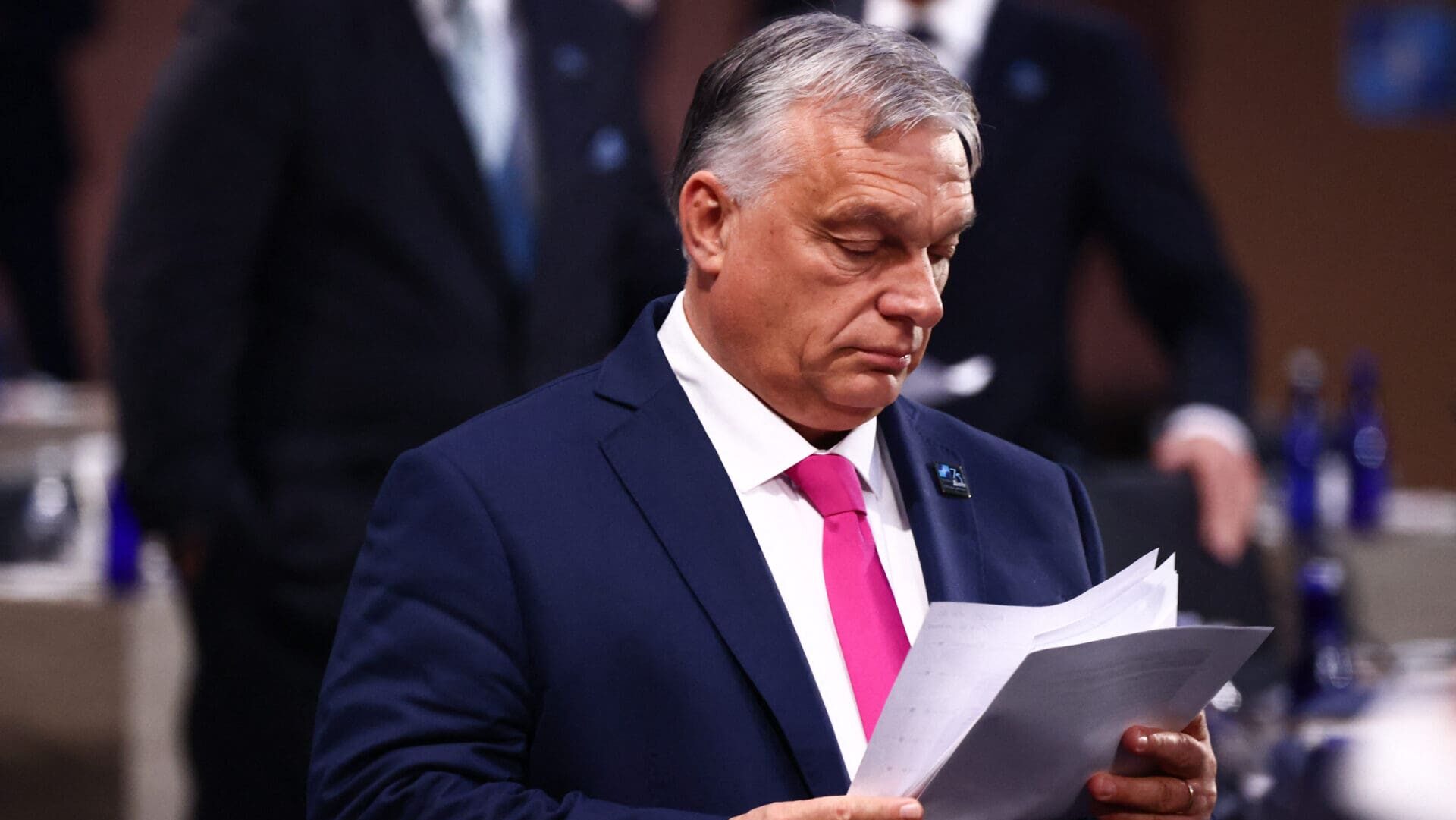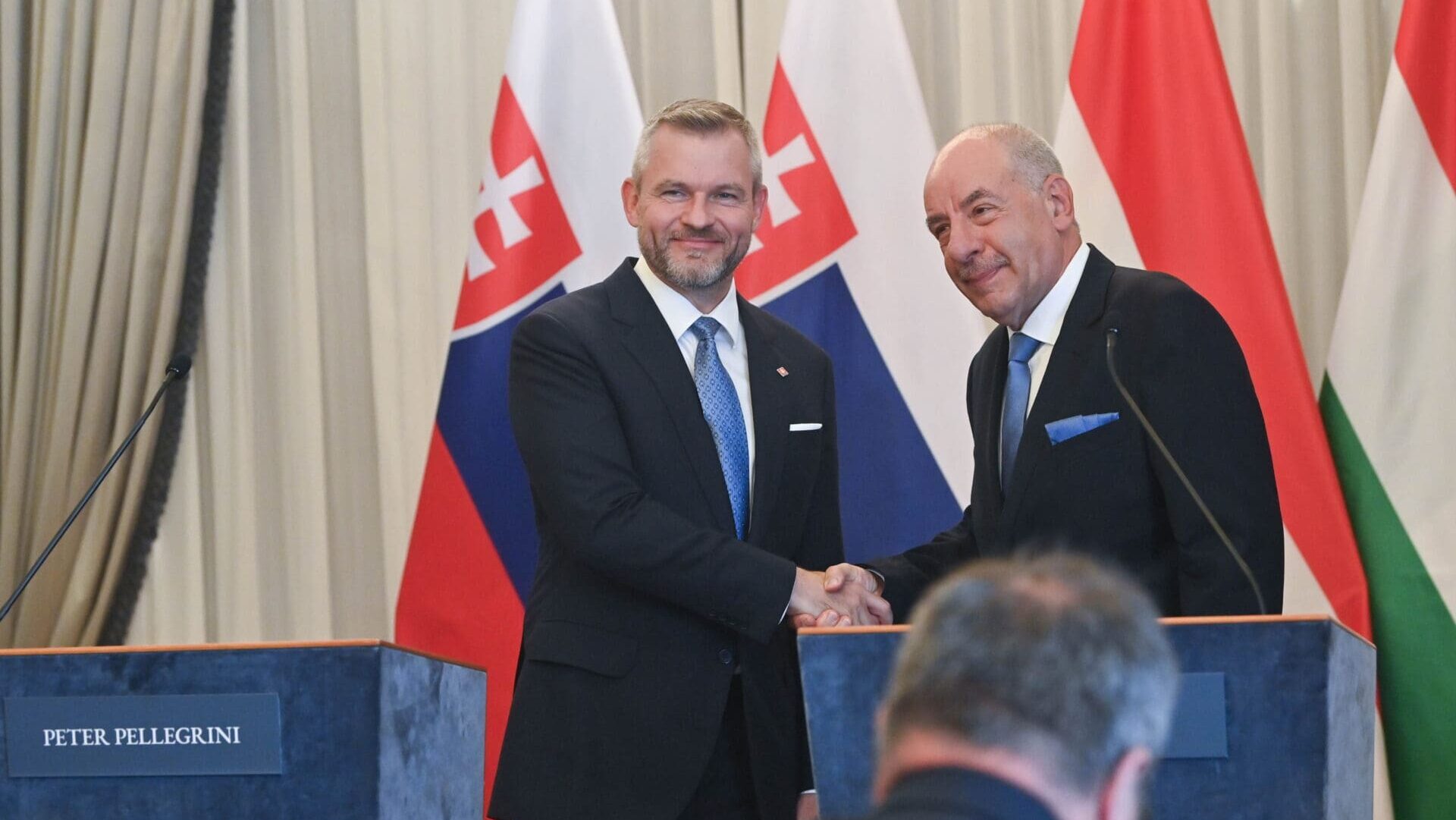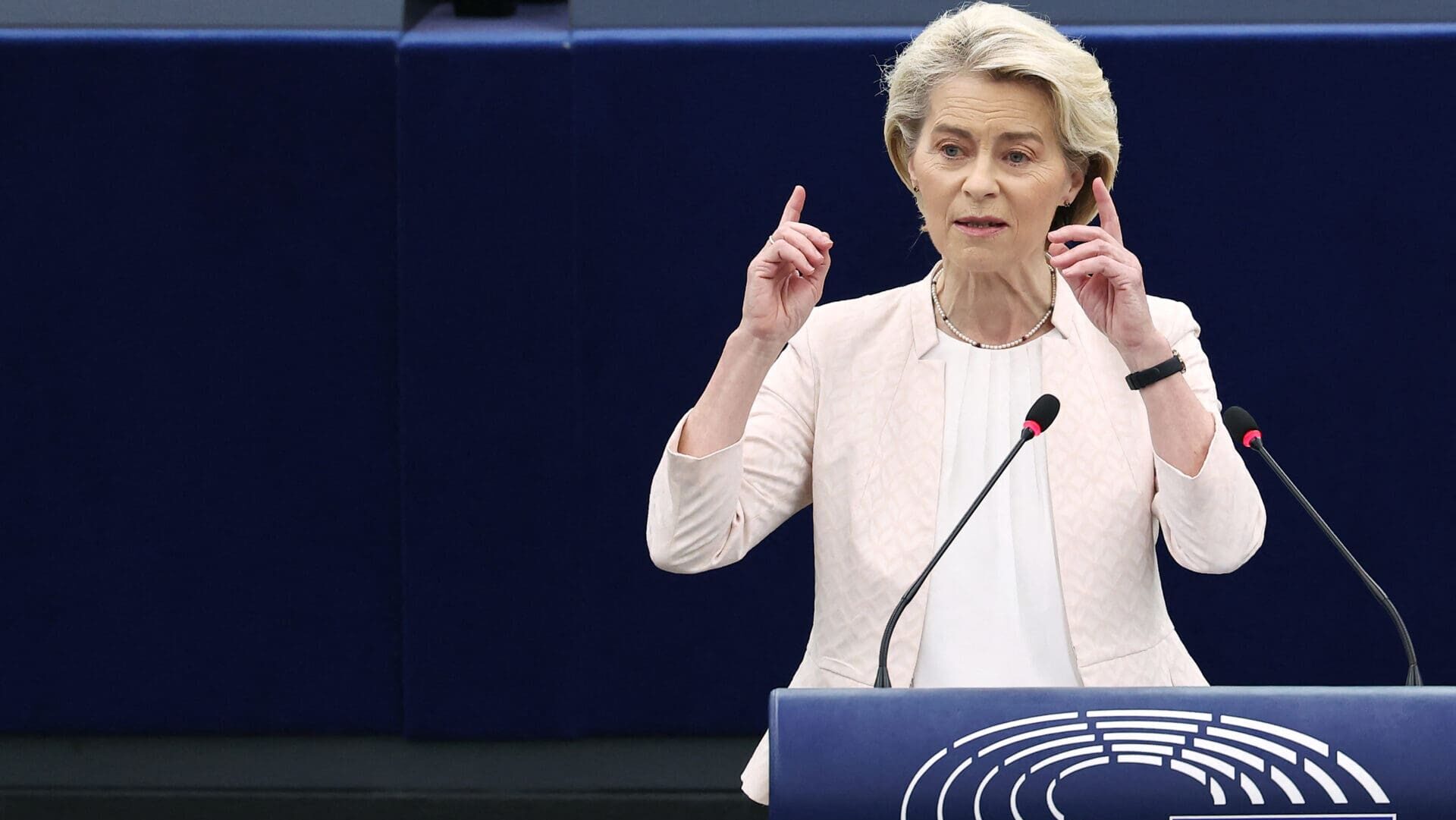
Elon Musk Accuses EU of Secret Censorship Scheme
Thanks to Musk, X has become one of the world’s most prominent free-speech platforms. During the July 13 attempted assassination of President Trump, establishment media pushed false and egregiously misleading headlines, while failing to deliver timely news updates. In contrast, X enabled citizen journalists to work together to quickly assess the unfolding horrors. But according to the European Commission, X ‘deceives users’ with its blue check verification system, lacks advertising transparency, and restricts data access for researchers.

